On Air Now
The Classic FM Hall of Fame with Margherita Taylor 3pm - 6pm
Discover all the winners of the prestigious Best Original Score category at the Oscars, from the last 50 years – half a decade of fantastic movie soundtracks!
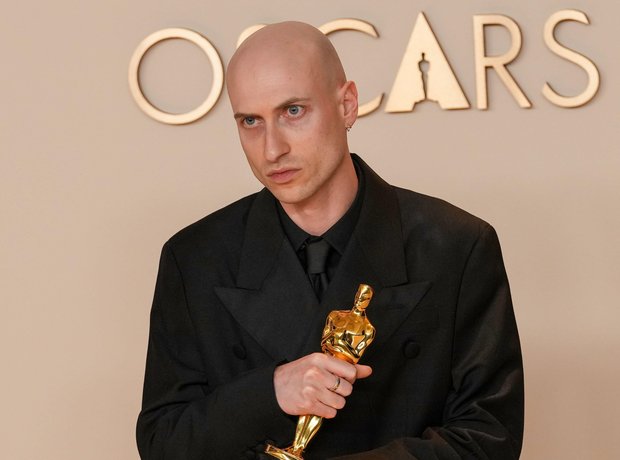
2025: Young British composer Daniel Blumberg’s first Oscar, and second ever film score. Blumberg’s music for The Brutalist marries lyrical piano lines and jazz saxophone with discordant brass orchestration to reflect the inner torment of Holocaust survivor László Tóth, played by Best Actor winner Adrien Brody.
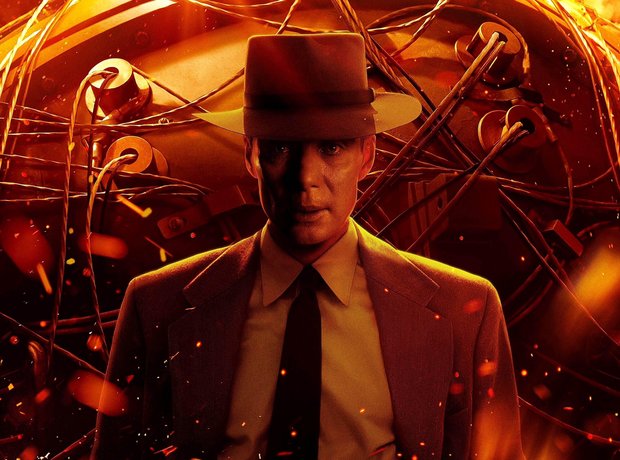
2024: This was the second Oscar win for Ludwig Göransson, who took home the Best Original Score gong in 2019 for Black Panther. When accepting the award, the Swedish composer thanked his parents "for giving me guitars and drum machines instead of video games!"
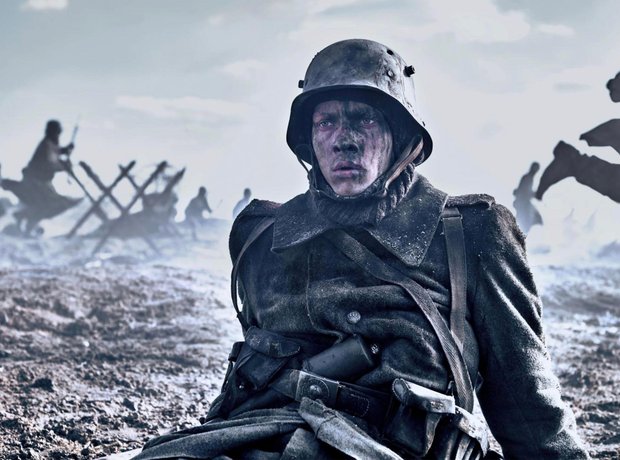
2023: German composer Volker Bertelmann took home the accolade for his score to anti-war epic ‘All Quiet on the Western Front’. As he accepted his first Oscar, Bertelmann said: “By working on a film like that, you are always touched.”
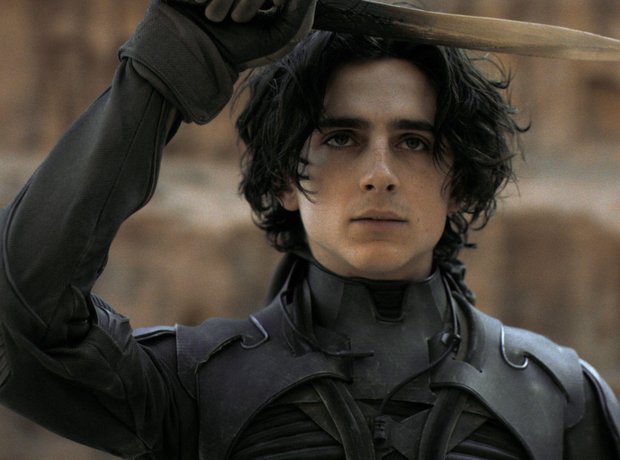
2022: Zimmer’s 27-year wait for his second Oscar – his first being in 1994 for The Lion King – set a new composer record, one previously held by Breakfast at Tiffany’s composer Henry Mancini.
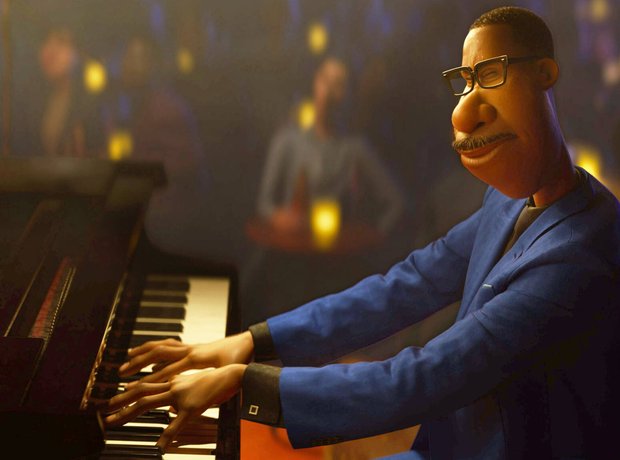
2021: Three musical greats picked up the Best Score award for Disney and Pixar’s animation about a jazz musician who winds up trapped in an alternate world, and must connect to his true purpose on Earth to find his way out.
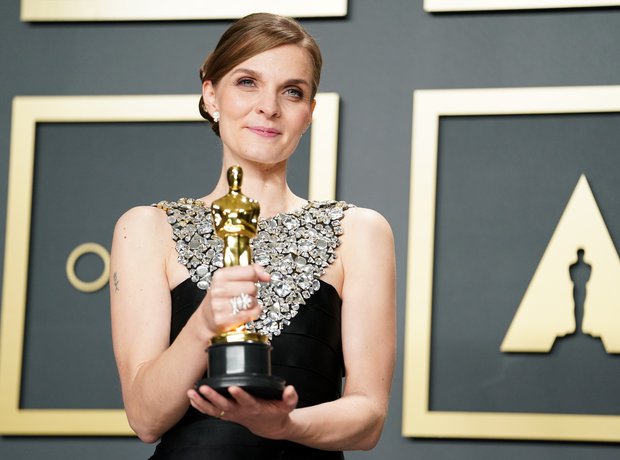
2020: Icelandic composer Hildur Guðnadóttir became the first woman to win an Academy Award for a film score since 1997. In her speech, she urged women and girls to “please speak up; we need to hear your voices.”
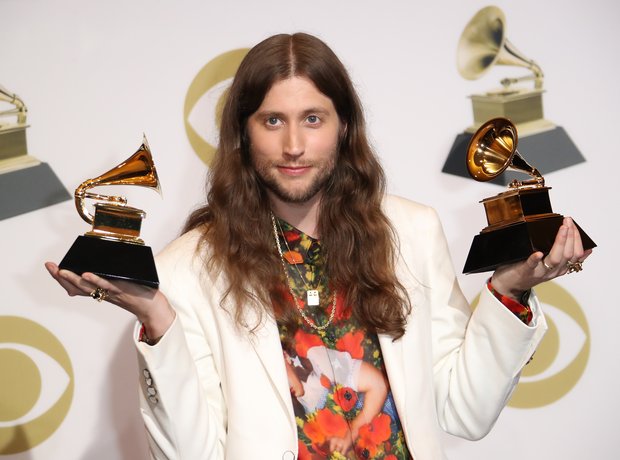
2019: Ludwig Göransson's African-inspired score for Black Panther, which was praised for its authenticity and uniqueness among other Marvel film scores, beat Mary Poppins Returns and Isle of Dogs to the 2019 award for Best Original Score.
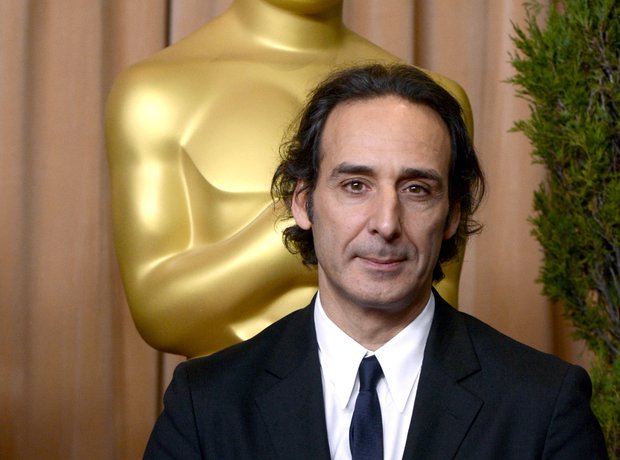
2018: Desplat's second Oscar win in three years, 'The Shape of Water' beat soundtracks by John Williams, Jonny Greenwood, Carter Burwell and Hans Zimmer to the title of Best Original Score.
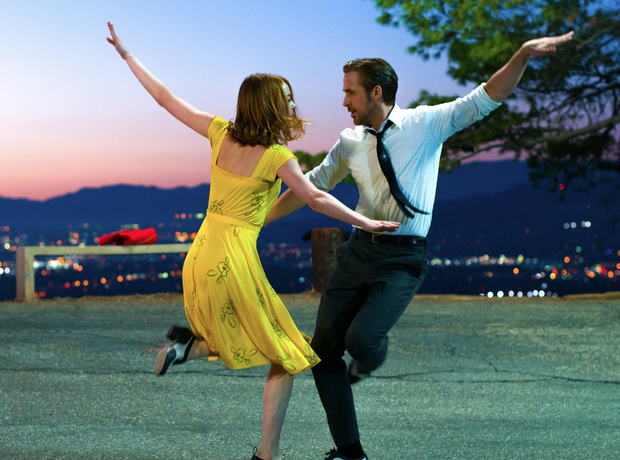
2017: What a year for Justin Hurwitz. As well as picking up the Best Original Song Award for 'City of Stars', his soundtrack for La La Land earned him the 2017 Oscar for Best Original Score.
2016: The incredible 90-year-old composer picked up his first Academy Award for Best Original Score just three years ago with The Hateful Eight – proof it's literally never too late to bag yourself an Oscar.
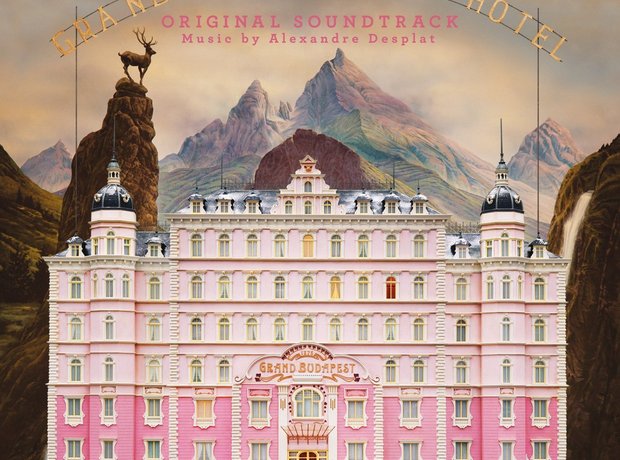
2015: The score for The Grand Budapest Hotel was Desplat's first Oscar win, despite being nominated nearly every year since 2007, when he was nominated for The Queen.
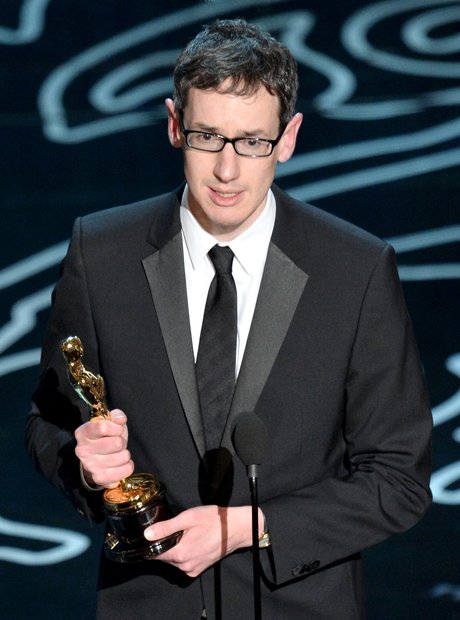
2014: Composer Steven Price accepts the Best Achievement in Music Written for Motion Pictures, Original Score award for Gravity on stage during the Oscars
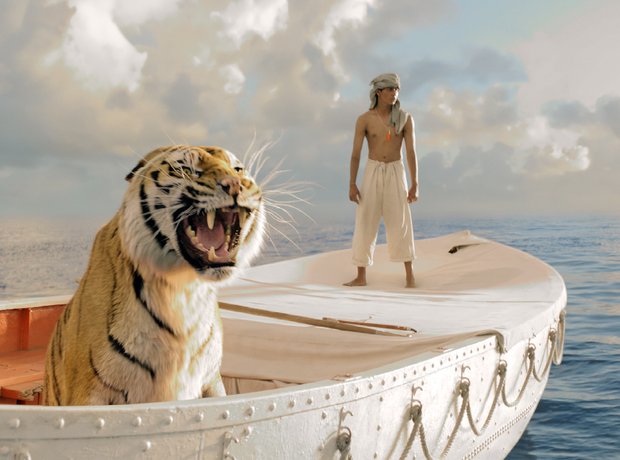
2013: Canadian composer Mychael Danna beat a strong field to win his first ever soundtrack Oscar with his Indian-influenced score for Ang Lee's Life Of Pi. Also nominated were John Williams (surely his time will come again soon?), Thomas Newman, Alexandre Desplat and Dario Marianelli.
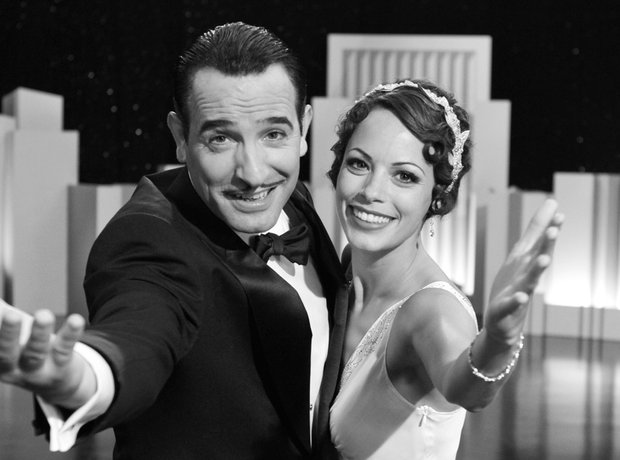
2012: In a film where sound (or lack of) was one of the most important elements, the music has to be exceptional. Fortunately, Ludovic Bource's characterful work was exactly that, and managed to beat a double John Williams nomination.
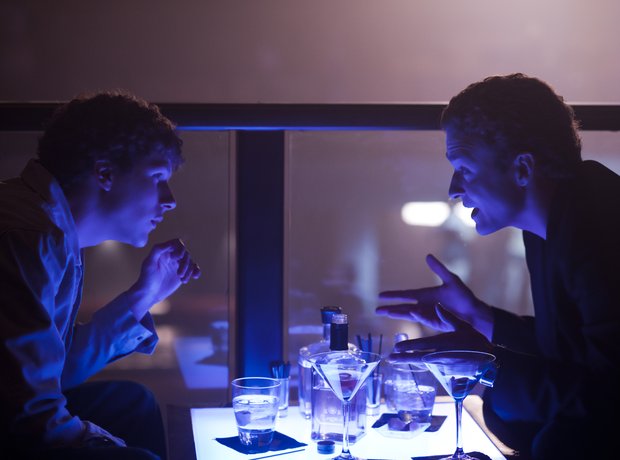
2011: A largely electronic score suited the social media drama The Social Network perfectly, and the Academy acknowledged it as such in a strong year for the category, featuring Hans Zimmer's music for Inception and Alexandre Desplat's for The King's Speech.
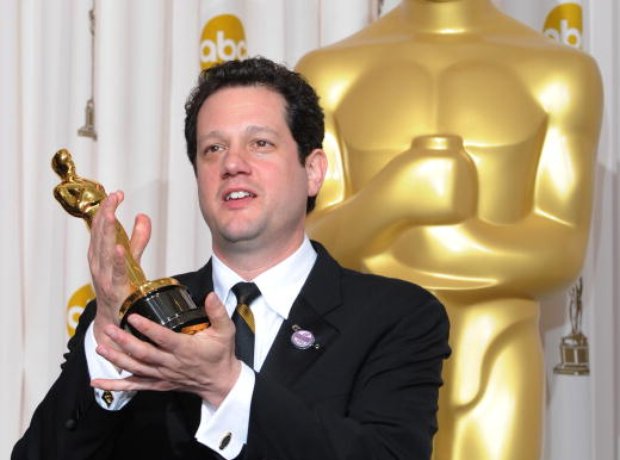
2010: Disney returned to the Oscar soundtracks category in 2010 with Giacchino's charming score to the animated classic Up, which beat Hans Zimmer, James Horner and Alexandre Desplat to the prize.
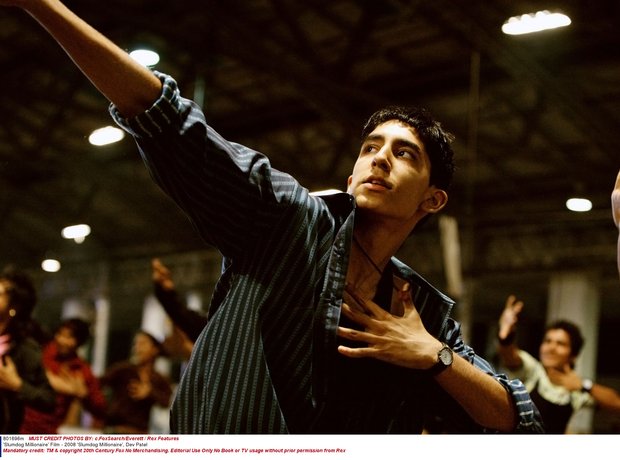
2009: An Oscars first: a Bollywood-influenced score taking the gong for Best Original Music. Danny Boyle's Slumdog Millionaire was a huge awards hit.
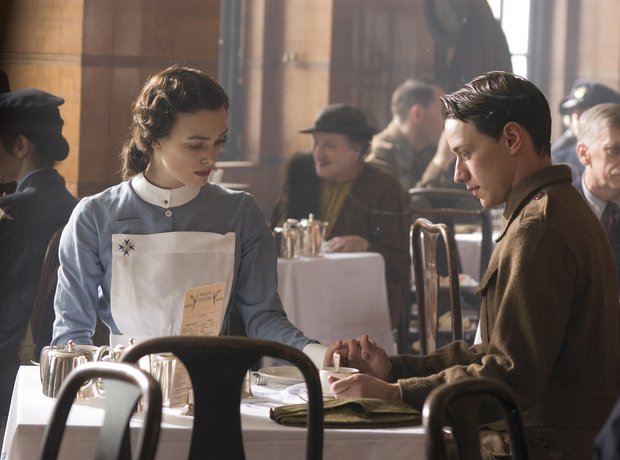
2008: Marianelli's music for the film version of Ian McEwan's novel Atonement won plaudits from all quarters in a rare John Williams-free year.
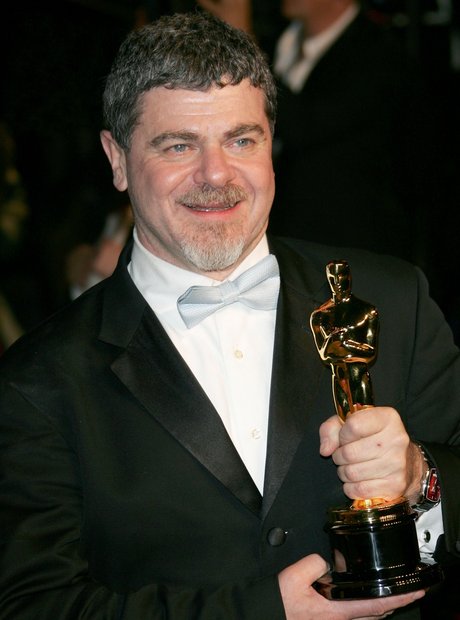
2007: Gustavo Santaolalla strikes again, making it two years in a row winning the Oscar for Best Original Music - this time for the multi-layered Brad Pitt drama Babel.
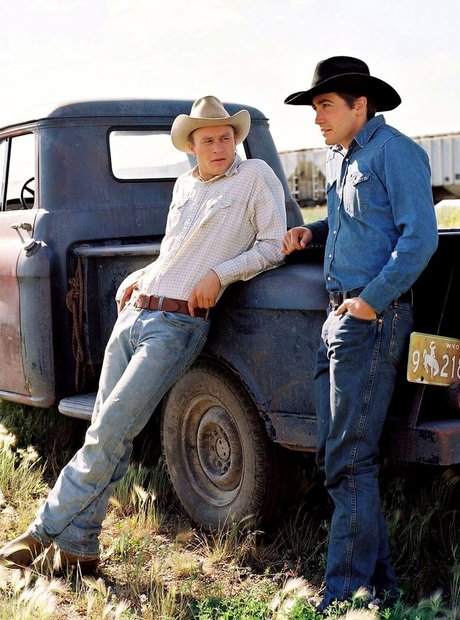
2006: Ang Lee's drama about the relationship between two cowboys was much admired in 2006, not least for its haunting soundtrack by Gustavo Santaolalla - it was his first, and saw him head off two rival nominations from John Williams.
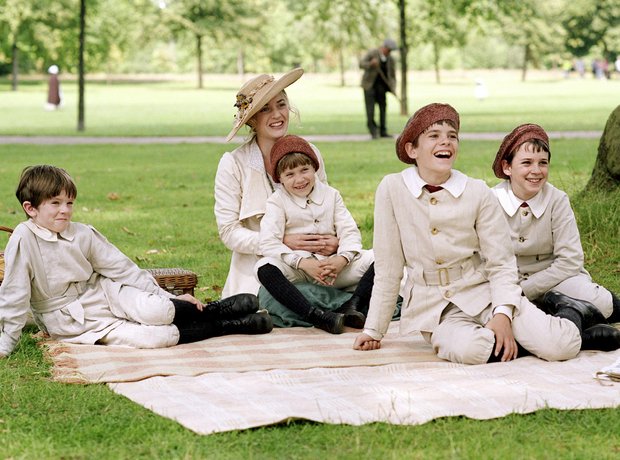
2005: An Oscar newcomer, Jan A. P. Kaczmarek's score for this Johnny Depp and Kate Winslet fantasy drama about JM Barrie was strong enough to fend off both John Williams and Thomas Newman.
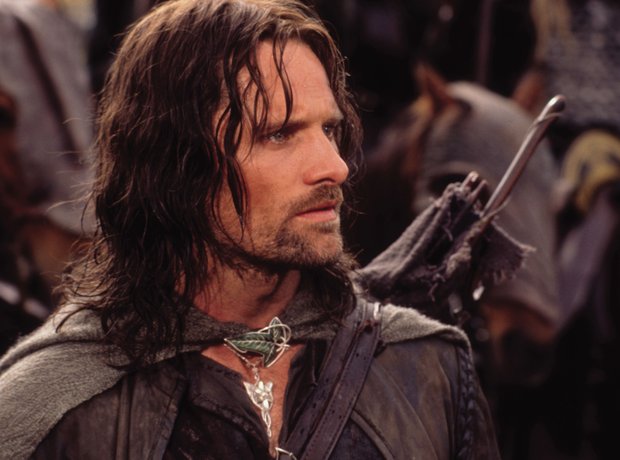
2004: Well, two out of three ain't bad... Howard Shore's Oscar for Original Score was just one of 11 Oscars that Return Of The King picked up in 2004, and his second after three scores for the series.
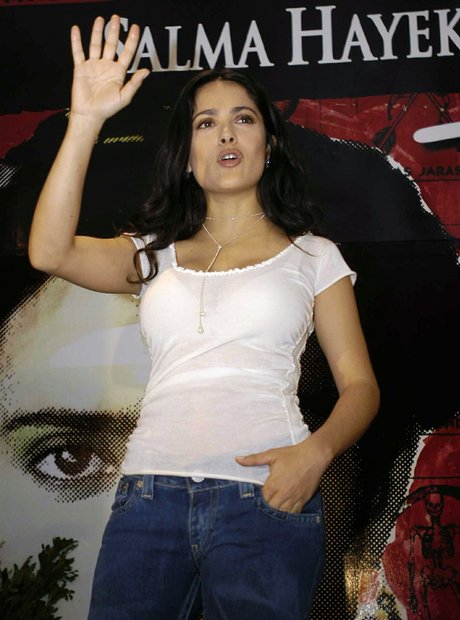
2003: Salma Hayek (pictured) starred as artist Frida Kahlo in this 2002 biopic, but it was composer Eliot Goldenthal who brought home the Oscar for his soundtrack.
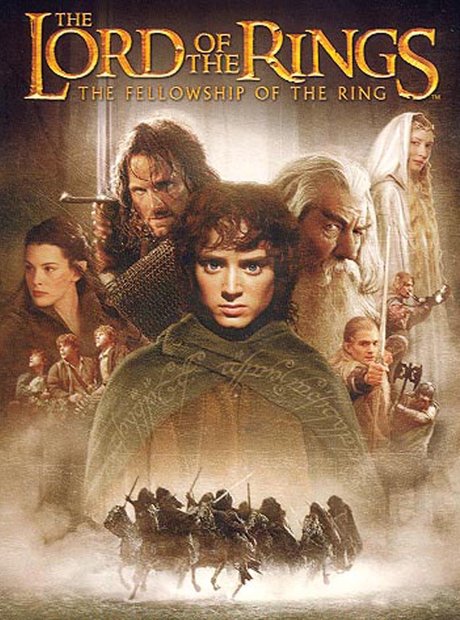
2002: The tradition of grand fantasy trilogies in cinema returned with a vengeance in 2002 with the first Lord of the Rings movie. Just as iconic as the visuals and the story was Howard Shore's soaring score, which beat a double nomination for John Williams.
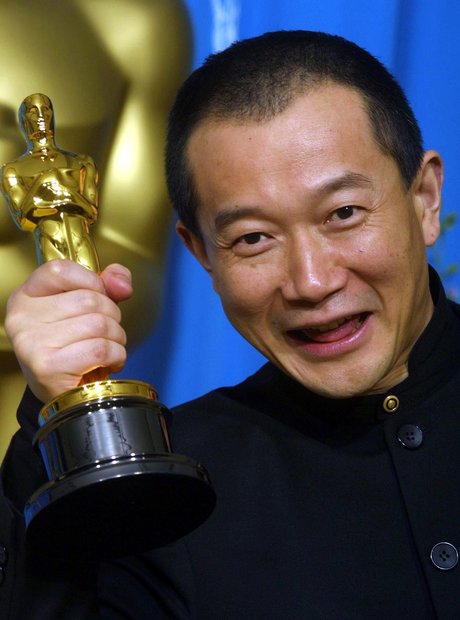
2001: Kicking off the millennium with a martial arts epic, the music from Crouching Tiger, Hidden Dragon is a great mesh of western symphonic and traditional eastern sounds.
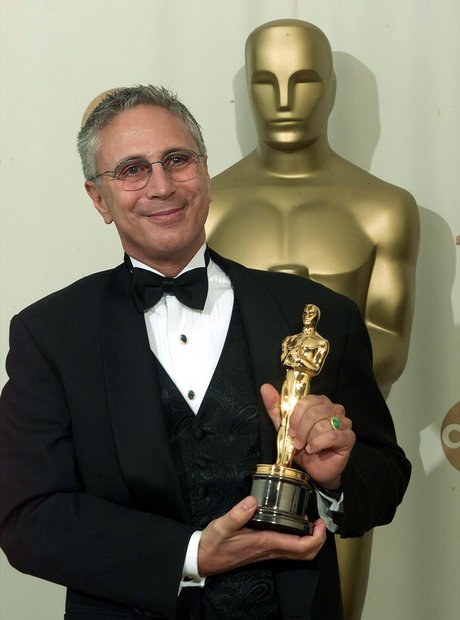
2000: Not content with winning an Oscar for the soundtrack to the Samuel L. Jackson drama The Red Violin, John Corigliano took portions of the score and turned them into his violin concerto. How's that for resourceful?
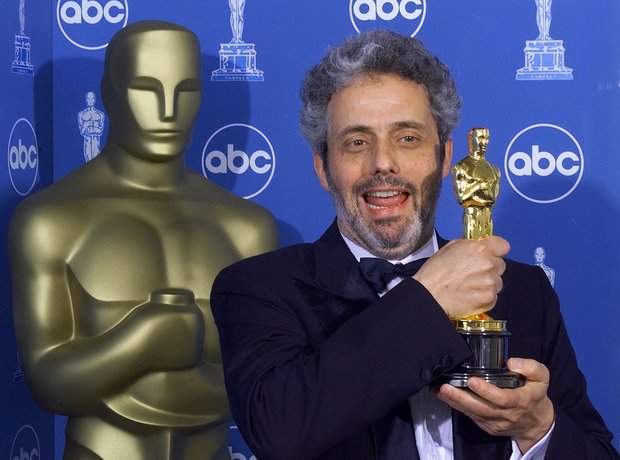
1999: The Italian movie Life Is Beautiful was a surprise success story at the Oscars in 1999, but Nicola Piovani's score also managed to fend off competition from John Williams (again... this is getting silly now...) and Hans Zimmer.
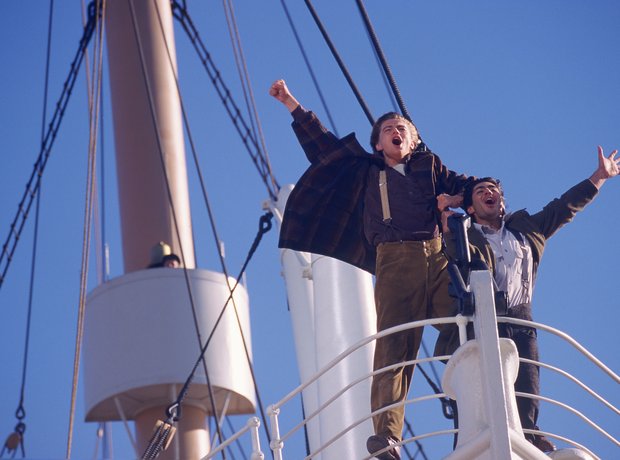
1998: James Horner got his first ever Oscar with the multi-award-winning epic that was Titanic, which won a massive 11 awards. That's not to detract from Horner's achievement - he was up against John Williams, Danny Elfman, Philip Glass and Jerry Goldsmith. Meanwhile, in the Musical or Comedy category, Anne Dudley's music for The Full Monty took an Oscar back to Britain.
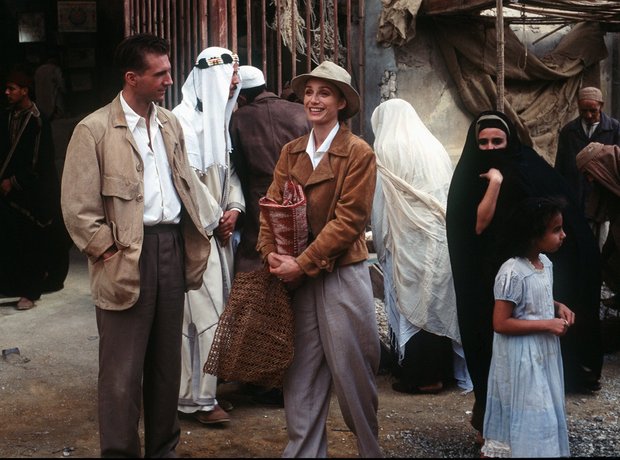
1997: The English Patient rejuvenated interest in the British film industry, and Gabriel Yared's score managed to bag the Oscar for Dramatic Score - Rachel Portman's score for Emma won in the Musical or Comedy category.
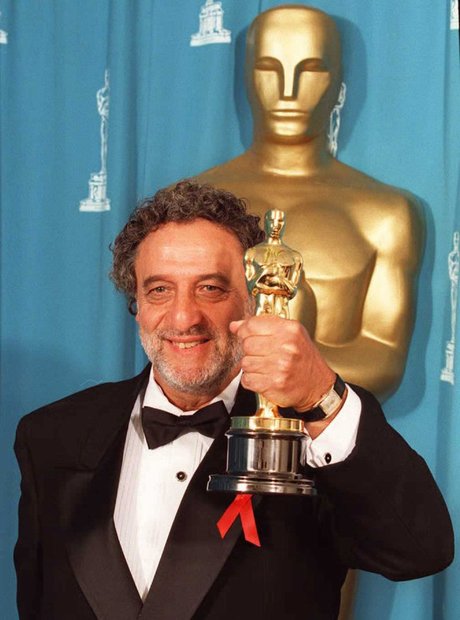
1996: Disney's four-year reign had to end, and Luis Bacalov's Il Postino was the soundtrack to end it with an Oscar for Dramatic Score (the Musical or Comedy Score was won by Alan Menken again, for Pocahontas - so it wasn't all bad news for Disney). Remarkably, James Horner was nominated twice in the same category for his work on Apollo 13 and Braveheart, but it wasn't enough to topple Bacalov.
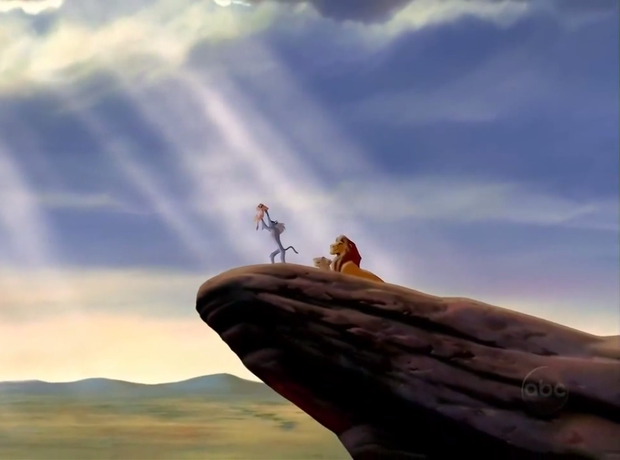
1995: A first-time Oscar-winner, Hans Zimmer's score for The Lion King was the fourth Disney film to win the Best Original Score award in five years - a remarkable dominance in the category.
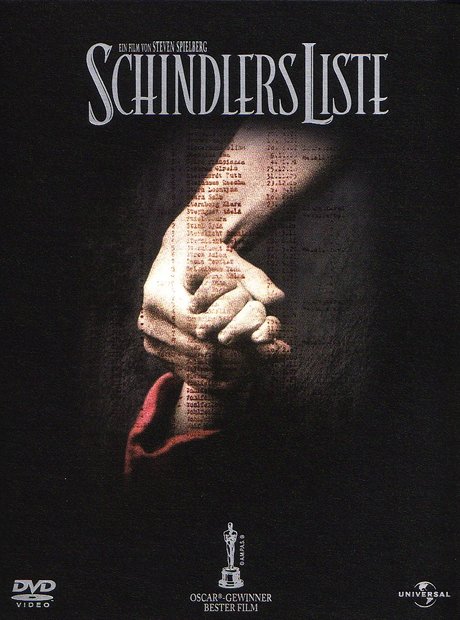
1994: John Williams bagged his fifth and most recent Oscar with his haunting violin theme to Steven Spielberg's holocaust drama Schindler's List
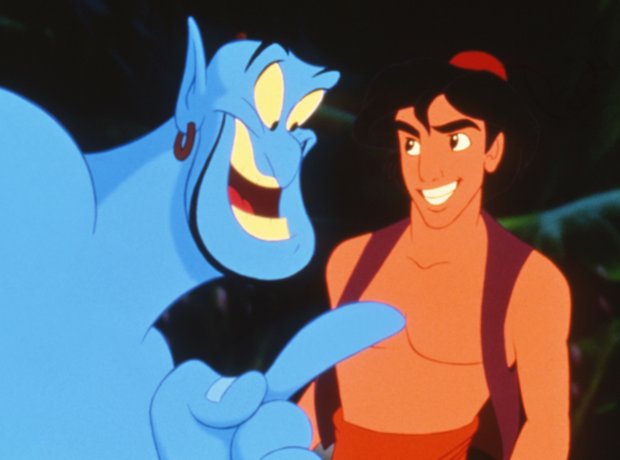
1993: Menken made it an Oscar hat-trick with Aladdin, the following year to his triumph with Beauty and the Beast. It ushered in a hey-day of Disney animations and, notably, fantastic songs and scores.
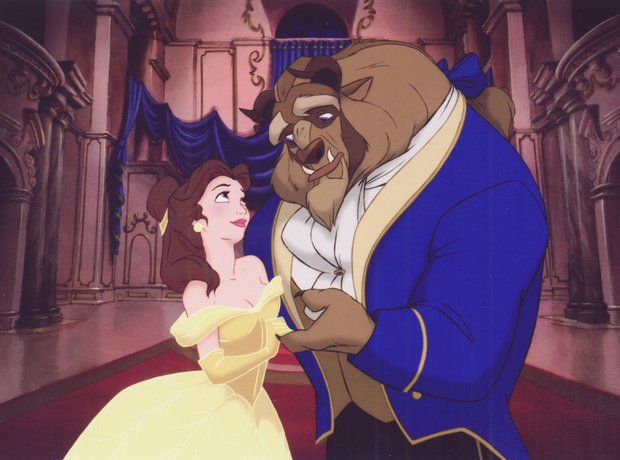
1992: Alan Menken grabbed a second Oscar with his score to Beauty and the Beast, at the time one of the films that reignited interest in Disney animations.
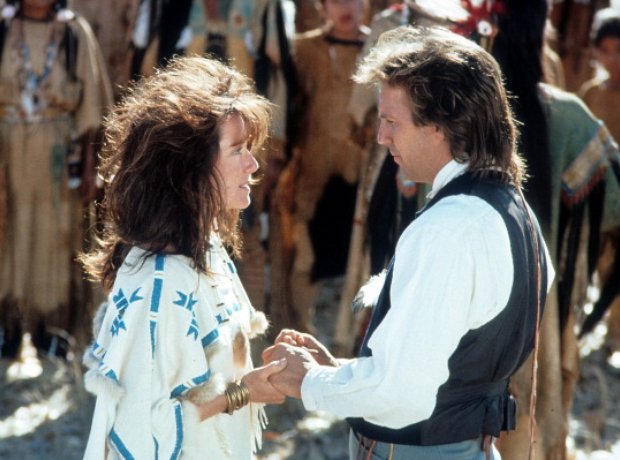
1991: Dances With Wolves was the Bond composer's third Oscar for Best Original Score, fourth overall when added to the Best Original Song Oscar he won for Born Free. John Williams was nominated again, but couldn't quite manage another - which means Barry was, for a time, even with Williams.
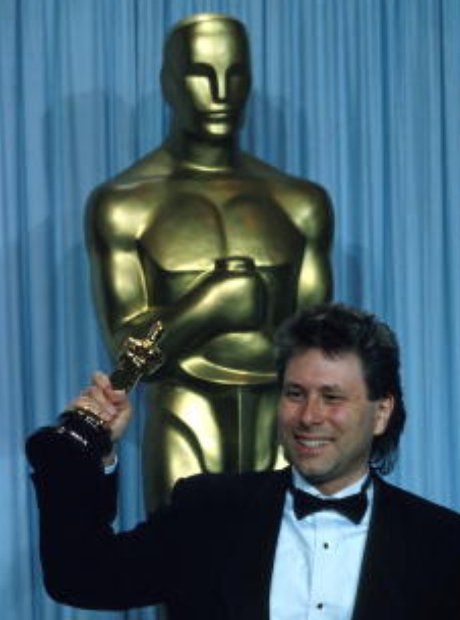
1990: Disney are back! Not since Pinnochio back in the '40s had a Disney animation won in the Best Original Score category, so newcomer Alan Menken's first Oscar was a bit of a coup.
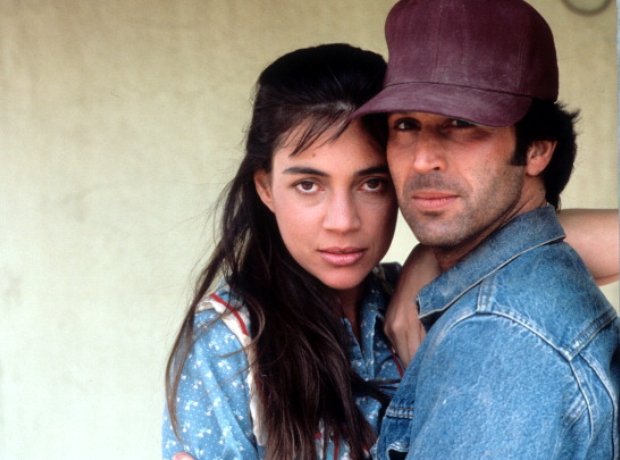
1989: Directed by the great Robert Redford, this is perhaps one of the more forgotten Best Original Score winners - particularly when you consider who Dave Grusin was up against. He managed to beat John Williams (The Accidental Tourist), George Fenton (Dangerous Liaisons), Maurice Jarre (Gorillas In The Mist) and Hans Zimmer (Rain Man).
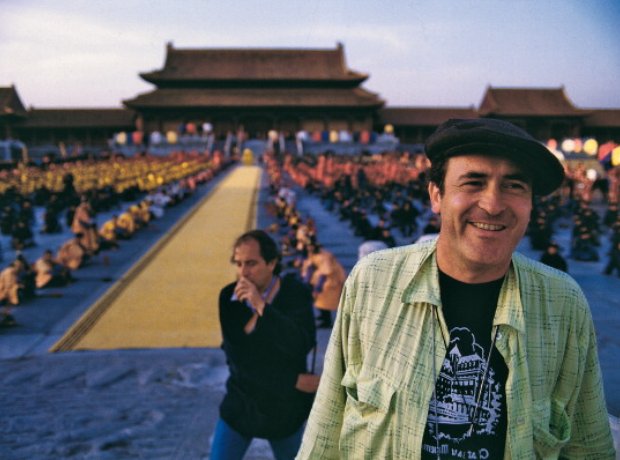
1988: Bernardo Bertolucci (pictured) enlisted Ryuichi Sakamoto to compose the incidental music for The Last Emperor, and also managed to get Talking Heads frontman David Byrne and Cong Su to contribute songs too. Another interesting non-traditional choice for the Academy, but when would the symphonists get another look-in?
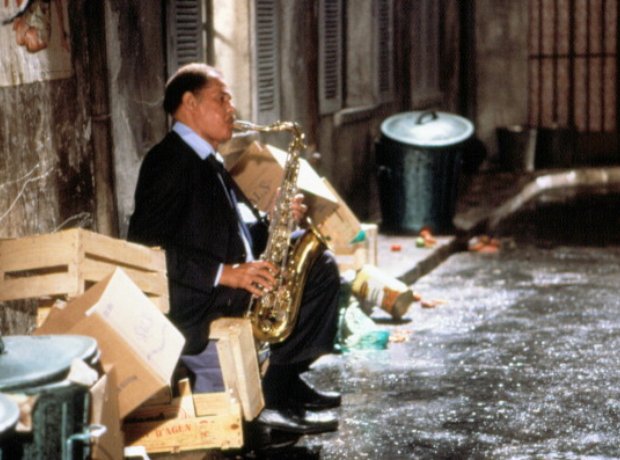
1987: Round Midnight was another stylistic landmark for the Best Original Score Oscar, being an especially jazzy affair. Jazz-based scores had been nominated before (Bernard Herrmann's Taxi Driver, for instance), but this was a notable non-symphonic win for Herbie Hancock.
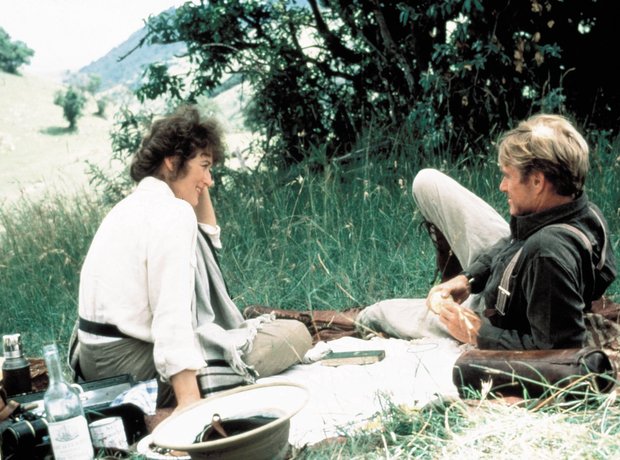
1986: Another John Barry triumph, and another British soundtrack Oscar (despite the movie's reliance on Mozart's Clarinet Concerto). Barry beat the previous year's winner, Maurice Jarre, whose soundtrack for Witness couldn't quite pip him to the post.
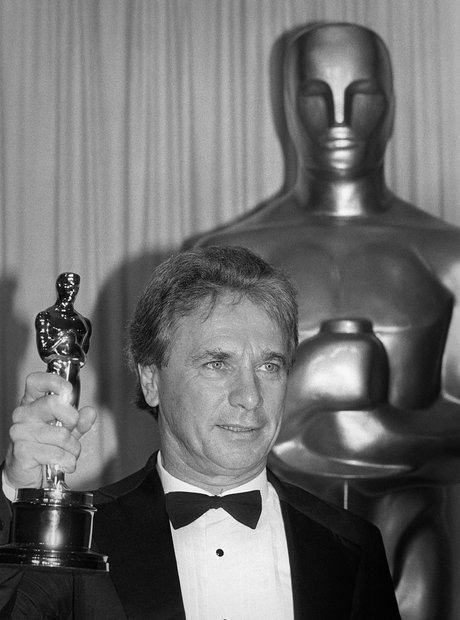
1985: Here's Maurice Jarre collecting the third Oscar of his career, thanks to the sumptuous score for David Lean's drama.
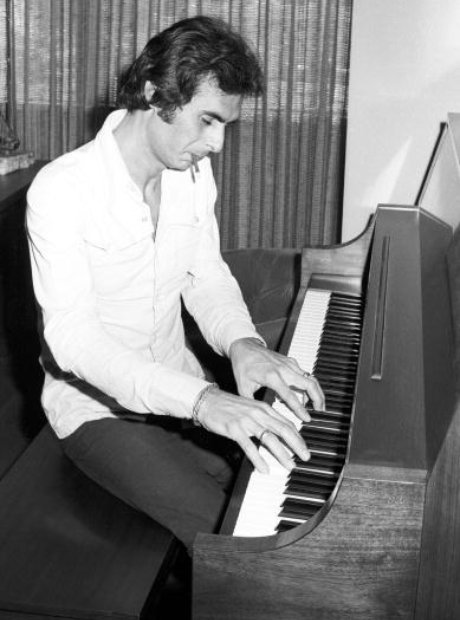
1984: Bill Conti (pictured) regularly appears as the conductor at the Oscar ceremony itself, so this was a doubly special Oscar win for him.
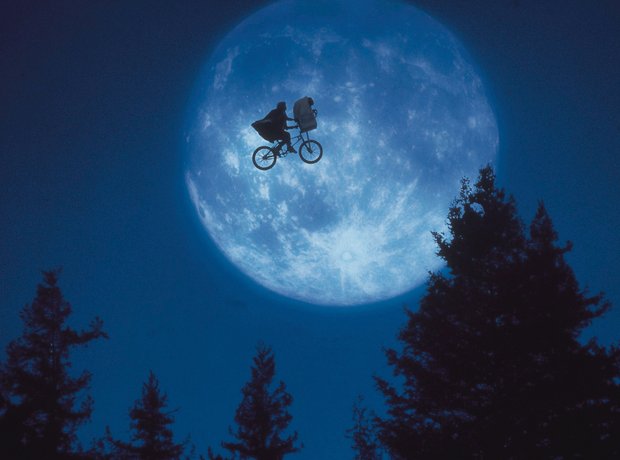
1983: Just proving that a traditional symphonic score with soaring melodies could do just as well as an electronic soundtrack, John Williams picked up another Oscar for ET.
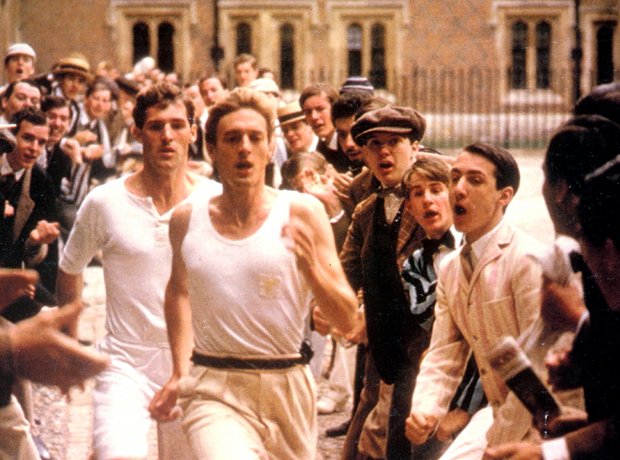
1982: Recently the subject of a Mr. Bean-related revival, Vangelis score for athletics drama Chariots Of Fire marked another significant change in the fortunes of electronic music at the Oscars.
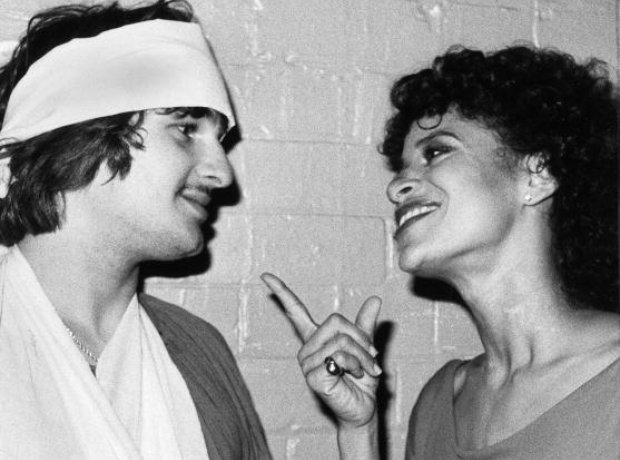
1981: Michael Gore's music for the global hit Fame was a sensation, and so it proved when he was given the soundtrack Oscar, beating the likes of veteran John Williams with The Empire Strikes Back and more left-field fare like Altered States by John Corigliano.
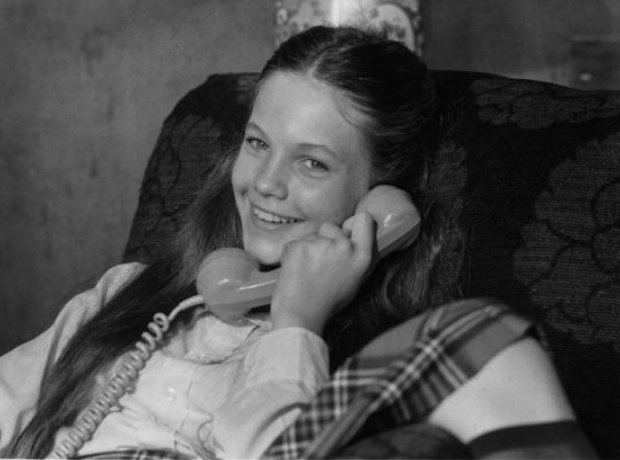
1980: Georges Delerue picked up his first and only Oscar for Original Score with his score for this light-hearted romance.
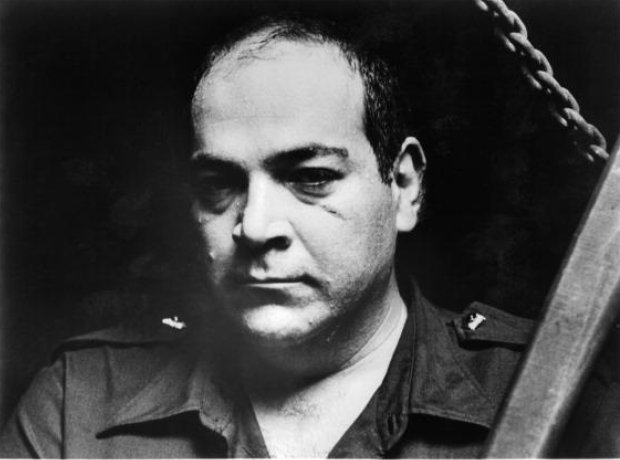
1979: In a year that saw the reigning champ John Williams return with another rousing score for Superman, Giorgio Moroder's electronic score to Midnight Express was a surprise winner.
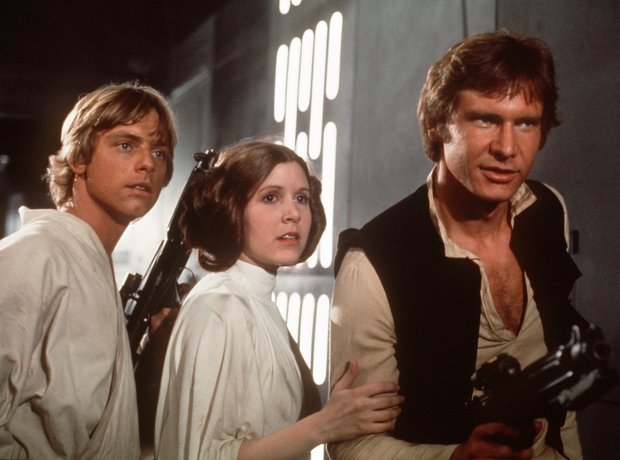
1978: If anyone was in any doubt about whether John Williams had truly arrived on the movie soundtrack scene, Star Wars sealed the deal. Simply one of the most iconic soundtracks ever written, it became a blueprint for all the heroic film scores that followed.
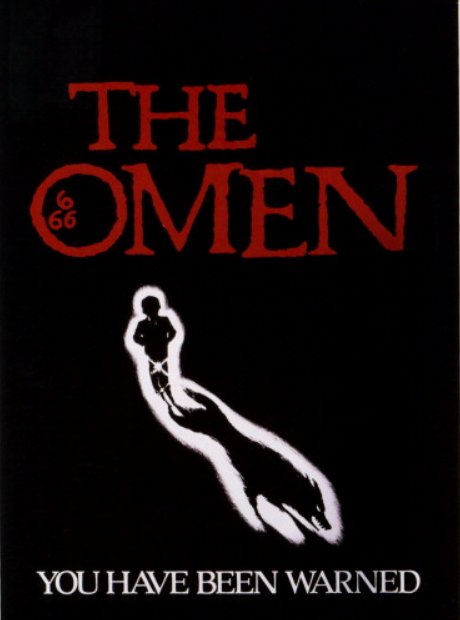
1977: Horror classic The Omen has its share of iconic scenes (pane of glass decapitation, anyone?) but it wouldn't have worked half as well if it wasn't for Jerry Goldsmith's haunting choral score.
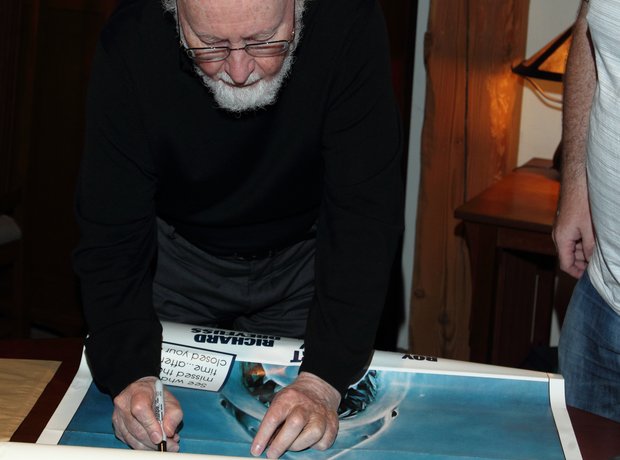
1976: Finally, after several nominations, John Williams got his first Oscar for the classic Spielberg thriller Jaws. Here he is signing a Jaws poster when Classic FM interviewed him a few years ago.
